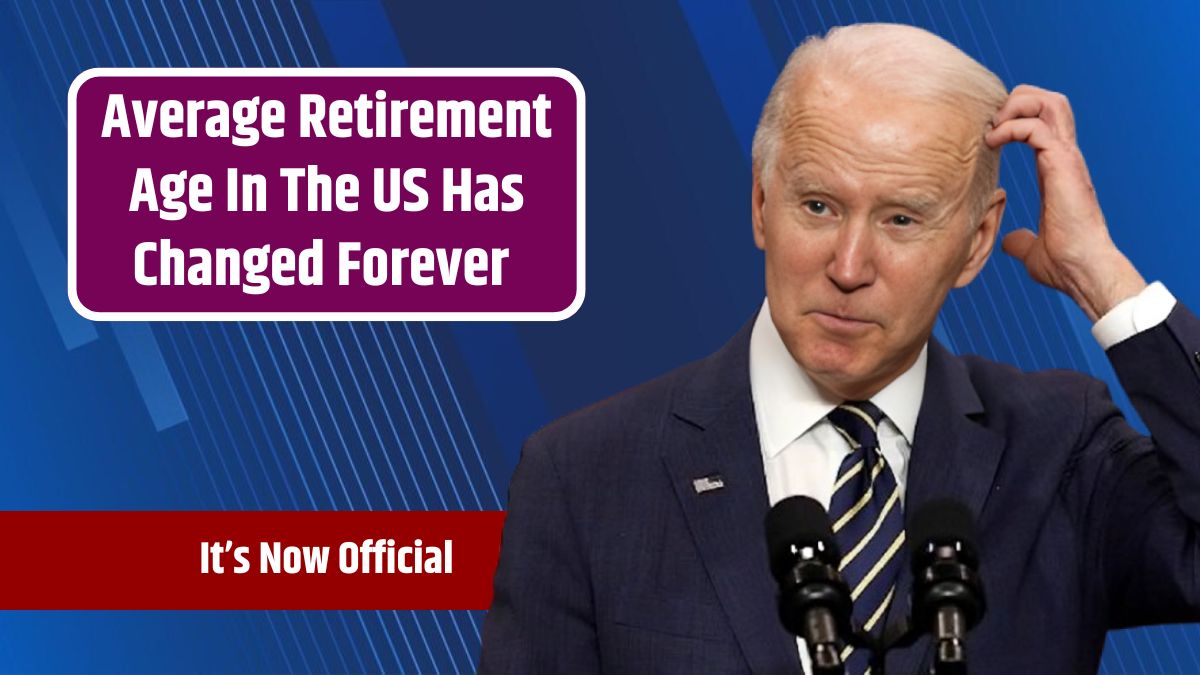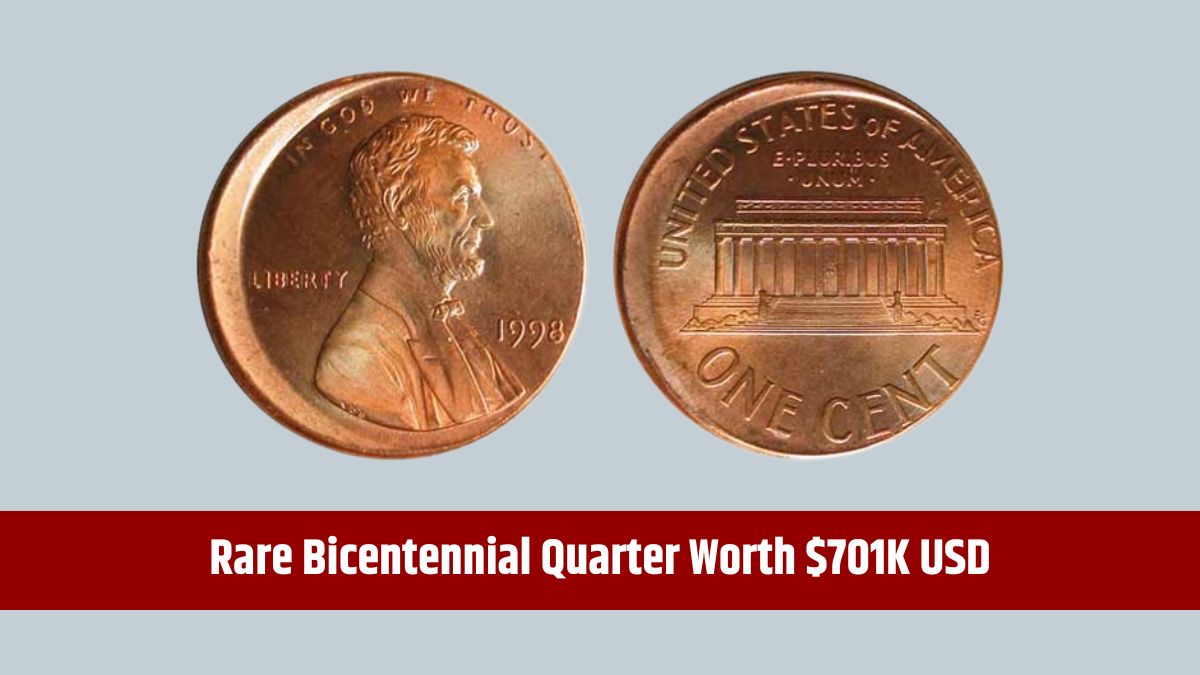A significant change could be on the horizon for certain retired Americans, with a new bill making its way through Congress. The Social Security Fairness Act aims to increase Social Security income for a specific group of retirees by repealing two controversial laws—the Windfall Elimination Provision (WEP) and the Government Pension Offset (GPO).
These regulations currently reduce monthly Social Security checks for many retired public servants, like teachers and firefighters. Let’s look into how this bill could affect millions and the hurdles it faces.
Background
The WEP and GPO laws impact about 3 million retirees across the country. These laws primarily reduce Social Security payments for individuals who worked in jobs where Social Security taxes weren’t withheld. This affects government employees, educators, and other public workers who receive pensions from “non-covered” employment (i.e., work that doesn’t require Social Security payroll taxes).
The Windfall Elimination Provision (WEP) reduces Social Security benefits for retirees who also receive pensions from non-covered jobs, while the Government Pension Offset (GPO) cuts benefits for spouses and widows receiving pensions. Combined, these laws have dramatically reduced retirement income for many public sector workers.
Fairness Act
The Social Security Fairness Act has now gathered enough signatures to force a vote in Congress, with bipartisan support. This bill aims to completely repeal the WEP and GPO, restoring full Social Security benefits to affected retirees. Supporters of the bill argue that the current system is unfair and discriminatory to public sector workers, many of whom spent their lives serving their communities.
Rep. Garret Graves (R-LA), one of the bill’s main sponsors, emphasized that these laws have caused undue hardship for some of the most important professions. “This has been going on for more than 40 years,” he noted. If passed, this bill could make a massive difference for public servants who have seen their retirement income slashed due to the WEP and GPO.
Benefits
This legislation primarily targets retirees who worked in “non-covered” employment but also contributed to Social Security through other jobs. For example, a teacher who receives a pension from a state that didn’t withhold Social Security taxes would see their benefits reduced under WEP. Repealing this provision would restore the full Social Security benefits they’ve earned from their other covered employment.
The GPO has hit over 745,000 retirees, mostly affecting widows and spouses. Under current law, these individuals see their Social Security spousal or survivor benefits reduced if they also receive a pension from non-covered employment. Repealing the GPO would restore these benefits, easing financial burdens for surviving spouses.
Financial Implications
While the bill has garnered considerable support in the House, its future in the Senate is less certain. Experts predict a tough battle ahead, as similar legislation has failed in the past. According to financial expert Kevin Thompson, the Windfall Elimination Provision was initially introduced to prevent excessive Social Security payouts that didn’t match contributions. Thompson is skeptical that the current bill will pass.
Furthermore, repealing the WEP and GPO would come with a hefty price tag. The Congressional Budget Office estimates that the bill would cost $196 billion over ten years. With Social Security already facing financial difficulties, the bill could accelerate benefit reductions as early as 2033 if no new funding sources are introduced.
Path Ahead
Despite the financial hurdles, the potential impact on retirees is undeniable. For those currently losing significant portions of their Social Security checks due to the WEP and GPO, this bill could be life-changing. Restoring full benefits would provide much-needed financial relief to retirees who served as firefighters, law enforcement officers, teachers, and other public service roles.
While the House is prepared for a vote, experts predict a tougher path in the Senate, where fewer legislators have thrown their support behind the measure. As financial literacy instructor Alex Beene noted, passing the Social Security Fairness Act would greatly improve the retirement years of public sector workers who have been unfairly penalized under the current system.
If the bill becomes law, it will not only provide immediate relief to retirees but also set a precedent for reevaluating how Social Security handles pensions from non-covered employment.
Retirees affected by WEP and GPO are holding their breath, hoping that this new vote will be the one that finally brings fairness to their Social Security checks.
FAQs
What is the Social Security Fairness Act?
The Social Security Fairness Act aims to repeal the WEP and GPO laws.
Who will benefit from this bill?
Public sector retirees like teachers, firefighters, and law enforcement workers.
What do WEP and GPO do?
They reduce Social Security benefits for retirees with non-covered pensions.
How much will the bill cost?
The estimated cost over ten years is $196 billion.
Will the bill pass?
It has support in the House but faces challenges in the Senate.






